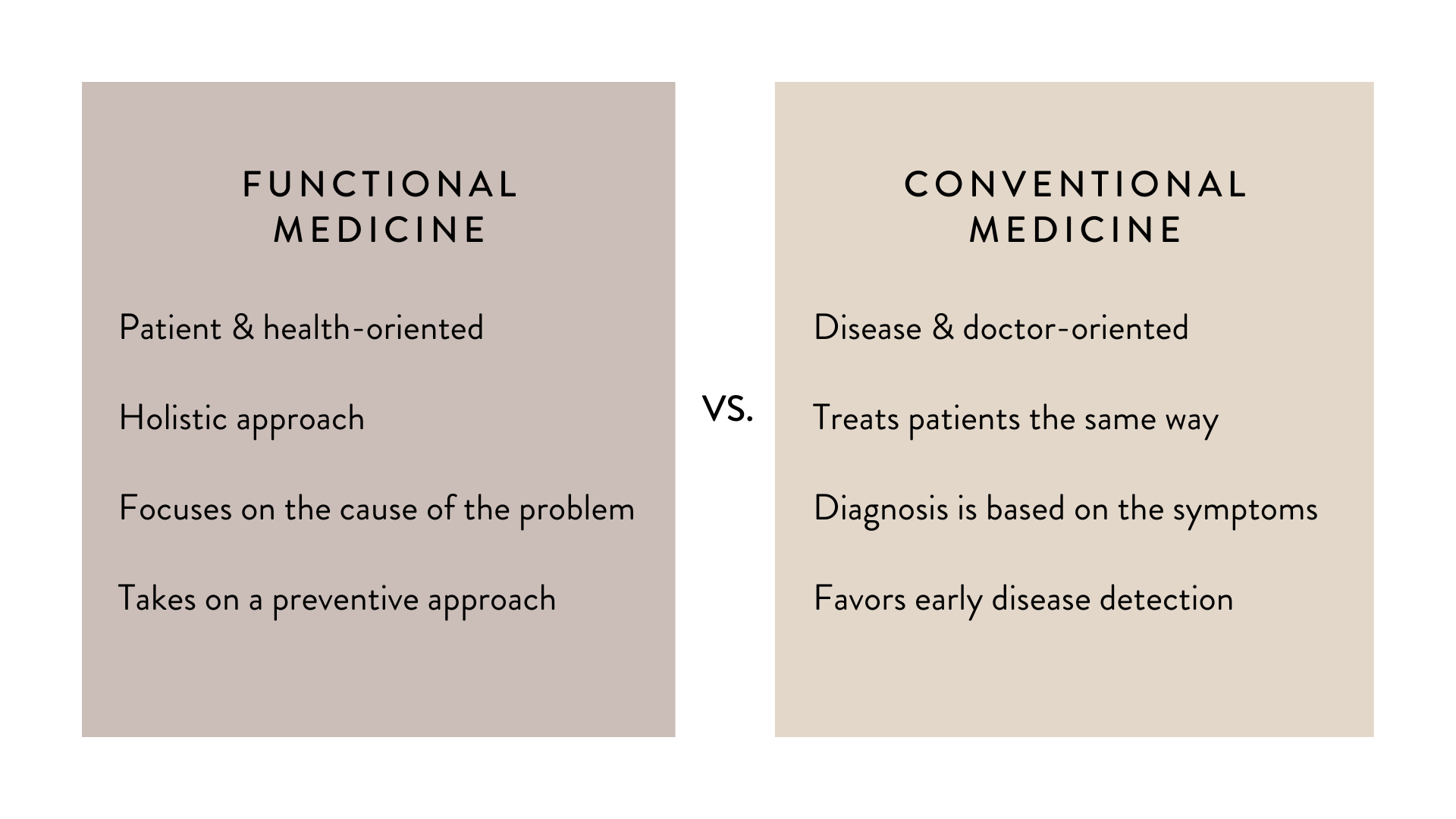Functional Approach to Thyroid Health: Part 2
Understanding Thyroid Dysfunction and Functional Medicine Approach (Part 2)
Missed Part 1? Catch up here before delving into Part 2!
By Dr. Kolin Durrant, DACM, L.Ac.
Building upon our exploration of prevalent thyroid issues in our last blog post 'FUNCTIONAL APPROACH TO THYROID HEALTH: PART 1', we delve deeper into the complexities surrounding thyroid treatment and support systems in the second part of this topic.
The significance of identifying thyroid problems early on, especially with the high percentage of undiagnosed cases, remains crucial. Untreated hypothyroidism poses a multitude of health risks, making a Functional Medicine Approach imperative for comprehensive care. In Part 2, we continue our analysis by unveiling the uncomfortable realities behind conventional thyroid medications and the vital role of nutrients in optimizing thyroid function.
The Uncomfortable Truth Behind Thyroid Medications
For about 1 in 7 of the 10 to 12 million Americans with hypothyroidism, conventional treatments using synthetic levothyroxine are inadequate. Patients may continue to feel unwell, fatigued, drained, and depressed despite the medication they take. (13)
Additionally, thyroid medications can have a range of side effects, including heart palpitations, tremors, hot flashes, mood swings, and headaches. In many cases, adjusting the dose or changing the medication is suggested by doctors.
Some individuals take a combination of T3 and T4 to increase their T3 levels. However, this doesn't always alleviate their persistent symptoms of an underactive thyroid. Treating thyroid dysfunction with medication alone can be challenging and even more difficult to manage over time.
The Real Reasons Why Your Thyroid Medications Aren’t Working
Hypothyroidism's actual effect, whether triggered by autoimmunity or iodine deficiency, is the body's inadequate production of T3 for essential bodily functions. Conventional treatment offers T4, which must be converted into T3. If there is a conversion issue, one might experience hypothyroidism symptoms, while a limited blood work panel indicates everything is within range.
This approach is often frustrating as it disregards the root cause, allowing symptoms to persist. While helpful for a group of patients, for many, it may not be sufficient to create lasting change and a sense of well-being. Functional medicine, however, focuses on addressing the underlying cause to alleviate the problem. (14)
Beware of Excipients
Most thyroid medications, in addition to thyroid hormones, contain excipients. Excipients are inactive ingredients used as carriers for the active ingredient to bind, fill, or dissolve medications. Inactive ingredients can be found in a drug’s capsule, tablet, suspension, or solution form. Some individuals might be allergic to these inactive ingredients and experience adverse reactions.
Common excipients in thyroid medications include lactose, cellulose, starch, magnesium stearate, silicon dioxide, titanium dioxide, talc, gelatin, and dyes. For example, Synthroid contains lactose (dairy) and cornstarch (16).
If allergic to these ingredients, one might experience hives, itching, swelling, difficulty breathing, or a rash.
Nutrients for Healthy Thyroid Hormones
Certain foods, such as highly processed foods, sugar, gluten, and dairy, can be detrimental to thyroid health, leading to inflammation and potential thyroid problems.
Too much sugar can reduce the body's production of thyroid hormone, and many individuals with thyroid problems are sensitive to gluten. Even without being diagnosed with celiac disease, gluten can still cause issues for the thyroid.
For most people, sticking to a nutrient-dense diet is beneficial. However, those with restrictive diets or thyroid conditions might benefit from supplements to ensure adequate intake of essential vitamins and minerals. Nutraceuticals, being of high quality, tend to have little to no side effects and are often more cost-effective. (15)
Nutrients such as selenium, iodine, zinc, and iron can have a significant therapeutic impact, improving the health of patients with thyroid conditions. Additionally, vitamins A, E, and B are crucial for maintaining proper thyroid function, and deficiencies in these nutrients can heighten the risk of thyroid complications.
Ready to address the root cause and seek advanced solutions? Book your consult now to explore Functional Medicine strategies and harness the power of nutrients for a healthier thyroid. Text or call: 619.933.2340 to schedule your consultation. Empower yourself with personalized guidance and pave the way for improved thyroid wellness!
References:
https://www.mayoclinic.org/diseases-conditions/hypothyroidism/symptoms-causes/syc-20350284
https://www.verywellhealth.com/thyroid-disease-symptoms-3233221
https://www.rupahealth.com/post/a-functional-medicine-approach-to-thyroid-hormone-labs
https://www.uclahealth.org/endocrine-center/normal-thyroid-hormone-levels
https://www.endocrineweb.com/conditions/thyroid/how-your-thyroid-works
https://chriskresser.com/three-reasons-why-your-thyroid-medication-isnt-working/
Espaillat, R., Jarvis, M., Torkelson, C., and B. Sinclair. Gluten and Aluminum Content in Synthroid (Levothyroxine Sodium Tablets). Advances in Therapy. 2017. 34(7):1764-1769. doi:10.1007/s12325-017-0575-y


